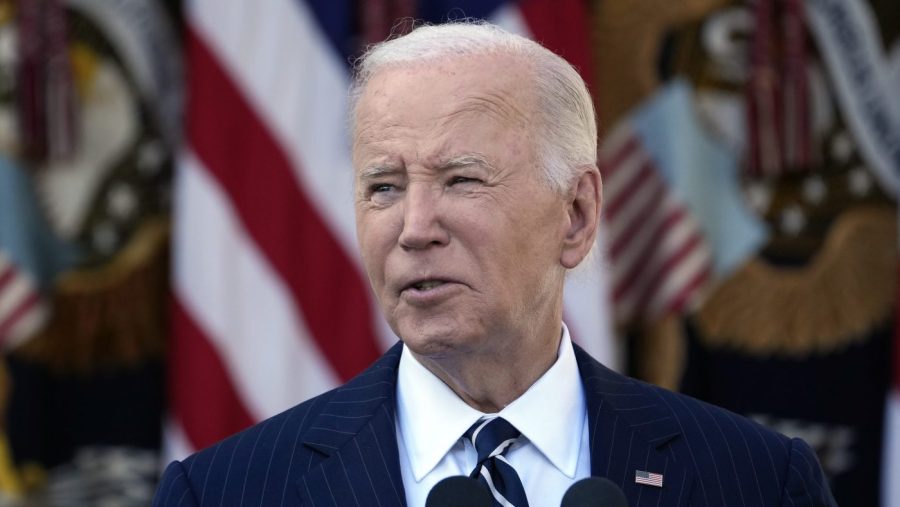President Biden will deliver remarks Tuesday afternoon touting his economic agenda and making the case that it has been more effective than the kinds of tax cuts likely to be implemented by the incoming Trump administration.
Biden will deliver what a White House official described as a “major address on his economic legacy” at the Brookings Institution in Washington, D.C. He is expected to boast about legislative investments in infrastructure, manufacturing and local communities, as well as job creation during his four years in office.
The White House has frequently highlighted economic data to argue Biden is leaving office with a much stronger economy than he inherited in January 2020, when the country was in the midst of a pandemic. A White House official pointed to 16 million jobs created, 20 million new business applications, record stock market highs and more than $1 trillion in private sector investments in clean energy and manufacturing.
But Biden’s presidency has been hampered by stubborn inflation, with rising costs contributing to voter dissatisfaction that ultimately helped put President-elect Trump back in the White House.
Trump has signaled he intends to extend the tax cuts first passed in 2017 during his first term, push to lower the corporate tax rate, impose tariffs on foreign imports and drastically cut regulations and federal spending.
A White House official said Biden would use his speech on Tuesday to describe the country as facing an inflection point between continued investments in the middle class and support for unions and a return to “trickle-down economics” with tax cuts for the wealthy and cuts to government investments across the country.
Tuesday’s speech comes as Biden and his staff have sought to emphasize his achievements and make the most of his final weeks in office. Biden last week traveled to Africa, a capstone foreign policy trip that fulfilled a pledge he’d made in 2022 to visit the continent while in office.
White House chief of staff Jeff Zients on Monday penned a memo to staff outlining plans for the administration’s final roughly 40 days, which includes the confirmation of judges, finalizing investments allocated by the American Rescue Plan, the Inflation Reduction Act and other laws, and action on artificial intelligence and climate.

